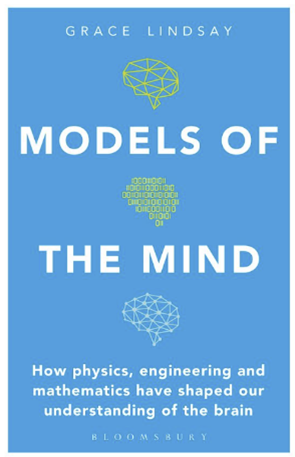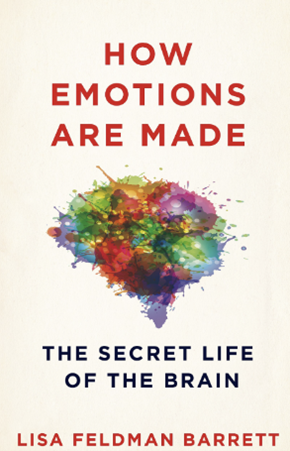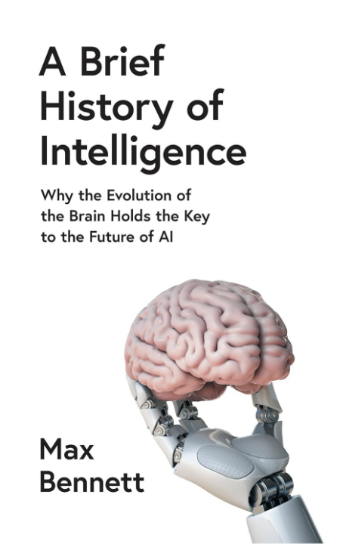My Favorite Psychiatry-Related Books: A Journey Through Minds and Machines
I’ve been fascinated by how our brains work and how that links to behavior and emotions since I was in primary school. I’ve read a lot of great books about brains over the years. These are my stand-out favorites at the moment.
1. "Models of the Mind" by Grace Lindsay
This one’s all about the brain as a system for processing information. Grace Lindsay takes you through how neuroscience and math come together to explain how we think. It’s not just for scientists—if you’re curious about how the brain makes sense of the world, this book is a great place to start. Lindsay’s writing is clear and makes some pretty complex stuff feel manageable. I'll make separate posts breaking down some of the specific examples of the science from this book.
2. "How Emotions Are Made" by Lisa Feldman Barrett
Lisa Feldman Barrett flips the traditional ideas about emotions on their head. Instead of thinking of emotions as universal and hardwired, she shows how they’re shaped by our context, culture, and past experiences. Rather than being like fingerprints that are always the same, emotions are built moment-to-moment from signals in the body and brain. It’s a game-changer if you’re looking to rethink what you know about feelings. Prof. Barrett has also written a much shorter book, Seven and Half Lessons About the Brain, which is also excellent.
3. "A Thousand Brains" by Jeff Hawkins
Jeff Hawkins has an amazing theory about intelligence and how the brain works. He’s the guy behind the PalmPilot (remember those?) and now runs Numenta (numenta.com). In his book, he explains the “thousand brains” theory—the idea that the neocortex uses thousands of tiny, independent prediction machines called cortical columns. These columns work together like a voting system to create the best understanding of reality. It’s a fascinating mix of neuroscience and AI with real-world implications.
4. "A Brief History of Intelligence" by Max Bennett
This is a big-picture book about how intelligence evolved in humans and AI. Max Bennett does a fantastic job connecting how natural and artificial systems share similar principles. What makes his book stand out even more is that he isn’t a researcher or clinician—he’s a businessperson who followed his curiosity and taught himself about this field. That passion comes through in the way he explains complex ideas in logical and coheisve story. If you’re curious about how emotions, consciousness, and intelligence all tie together, this book is a must-read. For more, check out this podcast where he shares his journey and key insights.
Why These Books Matter to Me
What I love about these books is how they focus on systems—whether it’s the brain, emotions, or intelligence—and how those systems shape behavior and thought. In psychiatry, understanding these systems is key. These books don’t just dive into theory; they make me think about how I approach my work and help me see new possibilities for treatments and diagnostics.
What About You?
Have you read any of these? Or do you have other books that really shaped how you think about the mind? I’d love to hear your recommendations and what you took away from them.



